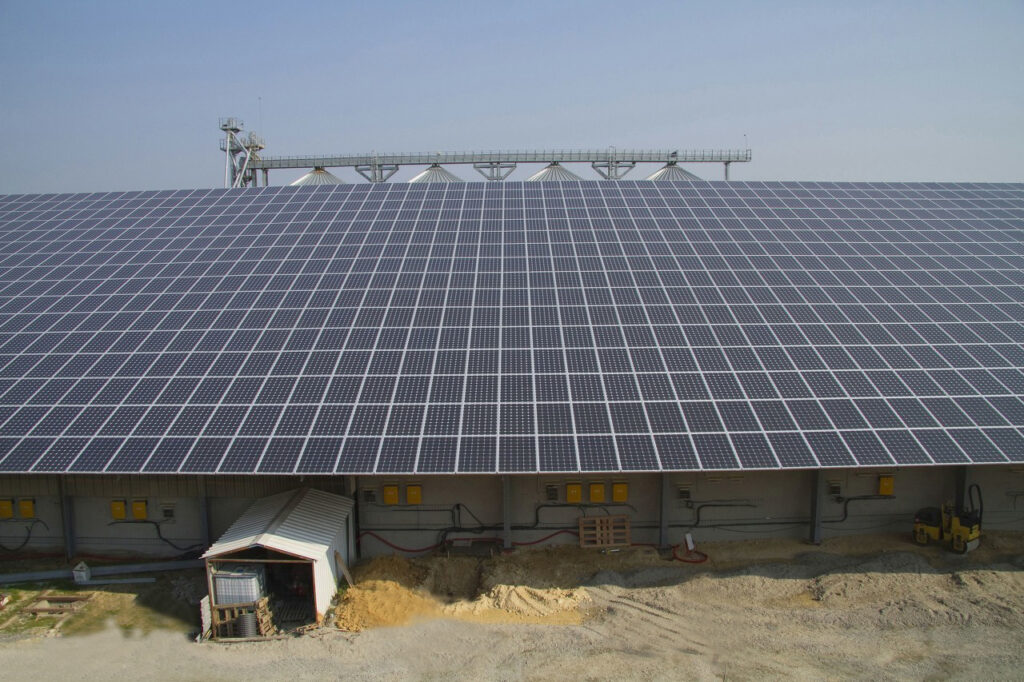The Imp (Maximum Power Current) of solar panels can be influenced by several factors in their production. These factors can affect the efficiency and electrical characteristics of the solar cells used in the panels. Some of the key production-related factors that may impact Imp include:
- Solar Cell Material and Quality: The type of solar cell material used in the panels, such as monocrystalline, polycrystalline, or thin-film, can affect the Imp. Monocrystalline cells, for example, tend to have higher efficiencies and Imp compared to other types.
- Cell Size and Configuration: The size and arrangement of solar cells within the panel can impact Imp. Larger cells or panels with more cells in series or parallel connections may have different electrical characteristics.
- Cell Manufacturing Techniques: The methods and quality control used in the manufacturing of individual solar cells can affect their performance. High-quality manufacturing processes tend to result in solar cells with better electrical properties, including Imp.
- Doping and Semiconductor Properties: The doping process and the semiconductor properties of the solar cells can influence Imp. The choice of dopants and the control of the doping process affect the electrical behavior of the cells.
- Anti-Reflective Coatings: Coatings applied to the surface of solar cells to reduce reflection and increase light absorption can impact the overall efficiency and electrical characteristics, including Imp.
- Encapsulation and Backsheet Materials: The materials used for encapsulating the solar cells and the backsheet can influence the performance of the panels. These materials need to protect the cells from environmental factors and maintain electrical properties.
- Temperature Management: Solar panels operate at a range of temperatures, and their electrical characteristics can change with temperature. Production methods that include temperature management features can affect Imp under different operating conditions.
- Quality Control: Stringent quality control during the production process can ensure that each solar panel meets its specified electrical characteristics, including Imp.
- Design and Wiring: The overall design of the solar panel and the way cells are wired together can impact Imp. Different wiring configurations (series or parallel) can result in different current-voltage characteristics.
- Aging and Degradation: Over time, solar panels may degrade due to various environmental factors. The production quality and materials used can affect how well the panels maintain their performance over their lifespan, including Imp.
It’s important to note that Imp is just one of several electrical characteristics used to evaluate the performance of solar panels. When choosing solar panels for a specific application, it’s essential to consider a combination of factors, including Imp, Vmp (Voltage at Maximum Power), efficiency, and overall reliability, to ensure they meet the requirements of the intended use.


